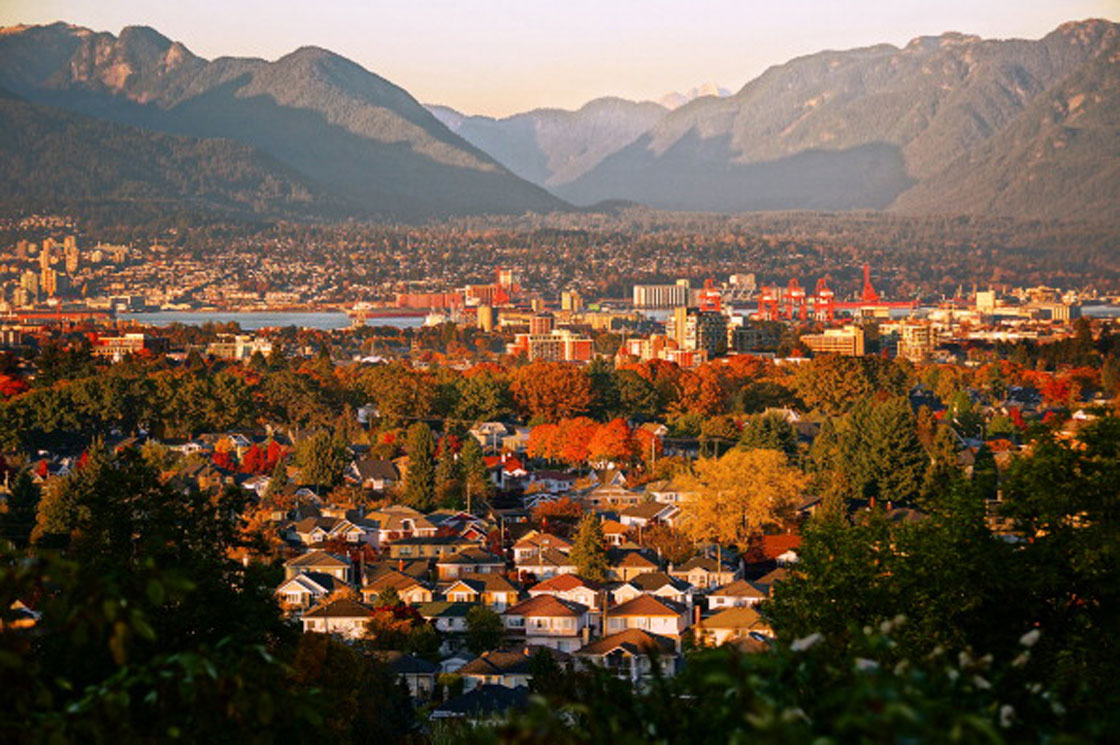Another month, another healthy hike in how much a house will cost you in Canada’s biggest and priciest cities.

The monthly tally of sales numbers and prices is rolling in from local real estate boards in Vancouver, Calgary, Toronto and other cities and the picture forming is that house hunters weren’t all that much deterred by Mars-like cold temperatures, and paid up for most housing types.
Home sales rose 17.2 per cent in Calgary and were up 30 per cent in Vancouver compared to the number of homes that were reported to change hands in January 2013.
“The Polar Vortex didn’t dissuade hardy Calgarians from house hunting in January,” BMO economist Sal Guatieri quipped in a note.
Prices in Calgary jumped 9.5 per cent and were up 3.2 per cent in Vancouver, by far the country’s most expensive real estate market where the average selling price of a single-detached home is approaching one million dollars ($929,700).
Of course, not-so-hardy Torontonians were less enthused about the extreme winter weather: existing home sales fell 2.2 per cent last month. But a tight supply of single-family houses continued to juice demand among buyers scared they’ll be priced out the longer they wait.
READ MORE: Home prices overvalued by 10 per cent, TD says
The average resale price was nine per cent higher in Canada’s biggest city last month compared to January 2013, and now sits at $526,528.
Real estate agents are loving the inflated commissions caused by the high pricing environment, but the continued momentum in already expensive markets means home buyers are being tied to far bigger mortgages relative to their incomes compared to historical norms.
“After a brief pause, Toronto’s home prices are once again outpacing family incomes,” Guatieri noted.
Home prices vs incomes
A recent report from U.S.-based urban planning consultants Demographia said the difference between the median home price in Toronto compared to median income is perched at an all-time high.
The median home price in Toronto is now 6.2 times the median annual family income, up from 5.9 in Demographia’s 2013 report (and 5.1 in 2012).
A reading of more than 5.1 is considered “severely unaffordable”, and is well above the historical gap between house price and annual family income of between 2 and 3, the report said.
In Vancouver, the reading is even worse – the price is 10.2 times the median family income, making Canada’s priciest housing market the second-most expensive in the world when compared to local incomes (behind only Hong Kong). The readings for Montreal and Calgary were 4.7 and 4.3, respectively.
Toronto-Dominion Bank meanwhile said this week house prices could be overvalued by as much as 30 per cent if comparing them to underlying incomes. TD’s own estimate is 10 per cent.
READ MORE: 5 things to know about renewing your mortgage
Affordability across the country is generally much better than what’s being witnessed in big cities at the moment, Demographia says. Nationally, median prices are only 3.9 times annual median incomes.
With interest rates so low, servicing big mortgages is relatively manageable for many households at the moment, experts say.
But in the event that interest rates return to their historical norms, making payments could become problematic for over-leveraged home owners, “raising the risk of a correction,” BMO’s Guatieri said.


Comments